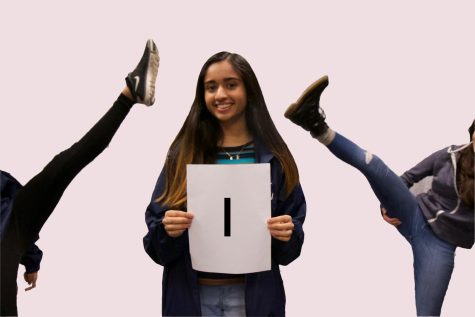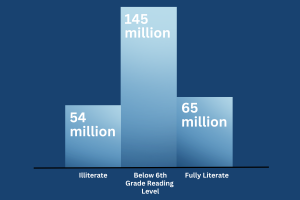A deeper look into why friendships fall apart
May 25, 2017
It is the first day of elementary school. A boy and a girl are seated next to each other, and upon first glance, they share a small smile. Almost instantly, the two of them become close friends, exchanging lunches and laughing about inside jokes. The pair declares that their friendship will last forever, but as they transition into middle school, they find themselves pursuing different activities and seeing each other less frequently. In high school, the boy and the girl realize that they rarely see each other anymore. At a high school reunion five years later, they cannot think of anything to say, only then do they realize that they have become complete strangers.
The path that a friendship takes over time is unpredictable, but often, two best friends in elementary school may drift away after many years of close friendship, some as early as in middle or high school.
“My two best friends from middle school and I grew apart,” said junior Alison Chen, president of the Society of Psychology and Sociology Club. “We still talk to each other, but we say ‘hi’ and that is about it.”
Putting this in perspective, a 2015 study of adolescent friendship published in Psychological Science found that only one percent of friendships formed in seventh grade last until twelfth grade. There are many reasons why friendships end, including differing interests, changes in personality and physical separation.
As people grow older, however, their friendships may begin to grow apart. For instance, students see significant changes within their social circles after high school. A 2009 study of student friendships published in Science Daily found that only five percent of high school friends remain friends after graduation.
These results reflect how people change their beliefs over time, due to changes in location or circumstance. Later in life, spouses and children may take precedence over friendships. A study conducted by Robin Dunbar of the Institute of Cognitive and Evolutionary Anthropology at Oxford University showed that for every new romantic relationship a person enters, he or she risks losing two close friends.
“Friendships can also end because of priorities,” said Assistant Principal Eric Wong. “When you go off to college or enter a new phase in your life and you’re meeting new people from around the country, you start finding that the friends you make later in life are people that you will have more common interests with. High school is a much smaller pond.”
Differences and disputes may also cause rifts between friends. Differences may, in fact, be the cause of decreased communication. As people grow older and form new opinions, they may observe a disconnection between their own beliefs and the beliefs of their friends. As friends move along divergent paths because of their contrasting thoughts, their friendship may approach its end. The 2015 study from Psychological Science also found that most adolescent friendships end because of differences between friends.
“Friendships end because there are different factors, which can be fights, or sometimes, fallouts when you stop talking,” said sophomore Rita Chen. “I think a major part of a friendship falling out is that you think you have a lot in common [with a friend] at first, but then you realize that you are not as similar as you thought, and it is okay to acknowledge that.”
Many see a lack of communication as a figurative “bump in the road,” rather than a sign of disinterest. A friendship takes time and effort to build, so one person may feel that certain differences are not worth losing a hard-earned friendship for. In such cases, there is no easy way to overcome the differences; however, the best solution is open and honest communication between both parties. Furthermore, the other party must learn to accept it and let the friendship go.
“Ending a friendship may be a good thing if you are holding each other back,” said Alison Chen. “Friends are supposed to allow each other to grow, and you are supposed to push each other, but if a friendship is becoming the opposite, it is probably the right time to end it.”
Although ending a friendship may at first be seen as a difficult and tough decision to make, it could also offer benefits and new opportunities to both friends involved. Often, ending a friendship gives one the freedom and the space that they need to discover more about themselves or reach out to new people.
“If people grow apart, and you find you have fewer shared values or there is less support or less respect in the dynamic of the friendship, sometimes, moving away from that and moving in the direction that better suits the individual’s needs can be a relief,” said Mr. Jack Neudorf, school psychologist. “Or if you are investing a lot of time and energy into a friendship that is no longer reciprocal, that time and energy spent can be better used either for personal development or developing friendships that are mutually beneficial.”
As new acquaintances enter one’s life, some friends will no longer be as important as they once were. The natural progression of friendship is inherently unavoidable. Humans are ever-changing beings, continuously forming new facets and personalities, which may bring people together over similarities or separate them due to differences. Since the time spent on each friendship contributes to personal growth, every friend has some influence on the formation of an individual’s thoughts. While the pain of losing a friend is a heartbreak unlike any other, there are innumerable lessons learned from one’s interactions with others, whether they are the beginning or the end of a friendship.




























































